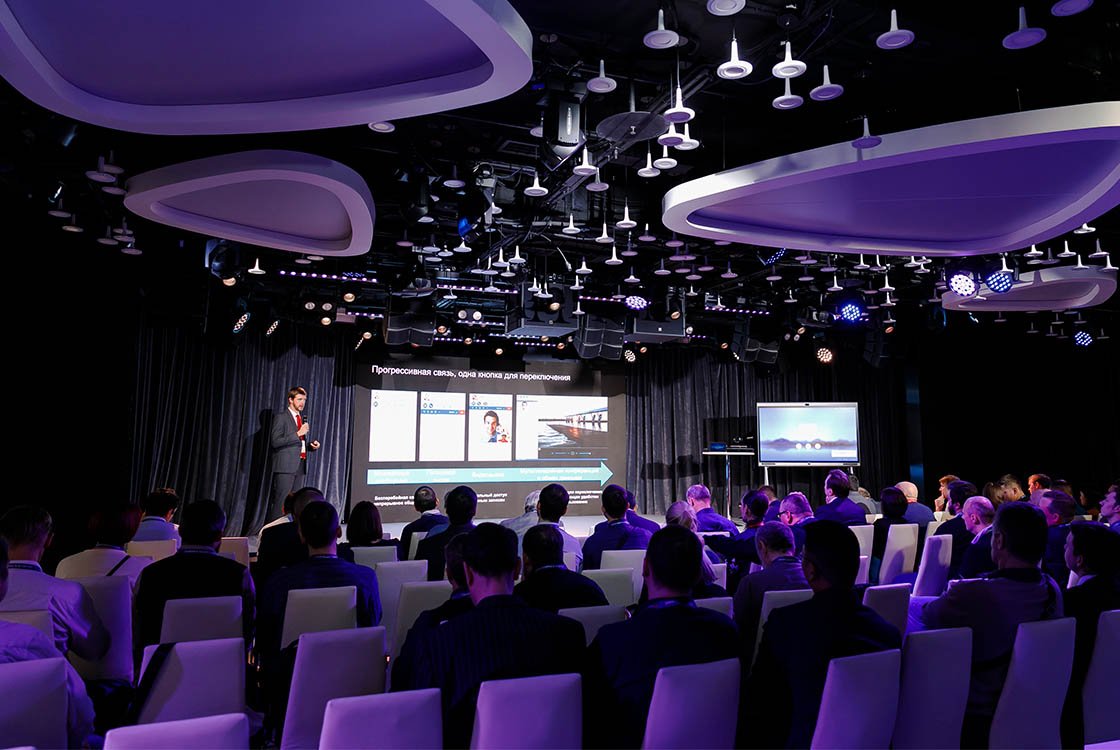Understanding Master Classes
Master classes represent a unique format within offline conferences, distinguished by their emphasis on interactive learning and experiential engagement. These sessions typically feature specialists or experts who guide participating individuals through specific topics, allowing for deeper exploration and hands-on experience. The defining characteristic of a master class is its practical focus, where attendees are not passive listeners but active participants engaged in discussions and activities relevant to the subject matter.
The benefits of master classes extend to both participants and presenters. For attendees, these engagements foster an environment conducive to skill development and networking opportunities. Participants can ask questions, share insights, and receive immediate feedback, which enhances the learning process. On the other hand, presenters gain an invaluable opportunity to showcase their expertise, encourage dialogue, and gain insights into the needs and challenges of practitioners in the field. This synergy fosters a robust learning environment that promotes knowledge exchange.
Successful examples of master classes can be found across various industries, from culinary arts to technology. For instance, a renowned chef might lead a culinary master class focusing on advanced techniques, where participants learn hands-on skills, taste-test their creations, and receive personalized guidance. Similarly, in the realm of technology, a master class on digital marketing may include practical exercises in analytics, social media strategy, and content creation, where learners can immediately apply theoretical concepts to real-world situations.
To ensure optimal engagement and learning, organizing an effective master class requires careful planning and execution. Establishing clear objectives, utilizing engaging materials, and fostering an atmosphere of collaboration are essential best practices. Preparing interactive elements, such as case studies or group activities, can greatly enhance the participant experience. By understanding the nuances of master classes, conference organizers can effectively leverage this format to deliver impactful and memorable learning experiences.
The Dynamics of Round Tables
Round tables have emerged as a pivotal format in the landscape of conference discussions, providing an ideal environment for open dialogue among participants. Unlike traditional panel discussions, where speakers dominate the conversation, round tables democratize the exchange of ideas, emphasizing collaboration and inclusivity. This format encourages all attendees to share their perspectives, fostering a richer understanding of the subject matter at hand.
The benefits of round table discussions are manifold. One of the primary advantages is the creation of networking opportunities. Participants are often drawn from diverse backgrounds and sectors, which facilitates meaningful connections that can extend beyond the conference itself. By sharing experiences and insights, attendees can forge professional relationships that may lead to future collaborations or initiatives. Furthermore, the varied viewpoints brought to the table can spark innovative ideas and solutions that may not have surfaced in more traditional settings.
To structure round tables effectively, a few key strategies are essential. Firstly, setting clear objectives for the discussion can guide participants and keep the conversation focused. Facilitators should promote an atmosphere where all voices are valued, perhaps by establishing ground rules that encourage respect and active listening. Additionally, incorporating different formats, such as small breakout sessions, can aid in engaging quieter participants and ensuring a balanced participation level. To further enhance engagement, integrating interactive elements such as live polls or Q&A sessions can invigorate discussions and allow participants to influence the direction of the dialogue. Lastly, a debriefing session at the end can encapsulate the discussed points and establish potential next steps or action items, making the round table not just a passive exchange but a catalyst for future efforts.
Round tables offer an invaluable opportunity for attendees to participate in a collaborative environment, highlighting the importance of diverse perspectives. This format embodies the essence of inclusivity and engagement in conference discussions, making it an integral component of successful events.
Engaging Discussions: Techniques and Outcomes
In the context of offline conferences, discussions are essential in fostering an engaging atmosphere where participants can share insights and learn from one another. Effective facilitation techniques are critical to ensure that conversations remain productive and inclusive. A variety of formats can be utilized to maximize engagement, including panel discussions and audience Q&A sessions. These formats encourage broad participation and enable attendees to voice their opinions and questions, ultimately enriching the discourse.
Panel discussions provide a platform for experts to interact on a given topic, offering diverse perspectives that can deepen understanding. A skilled moderator plays a pivotal role in steering the conversation, prompting panelists with thought-provoking questions while also ensuring that the audience remains engaged throughout. Audience participation is further encouraged through the integration of live polling or technology-facilitated questions, fostering a more dynamic exchange of ideas. Additionally, audience Q&A sessions allow attendees to ask questions directly, creating opportunities for clarification and deeper exploration of the topics discussed.
The intended outcomes of such engaging discussions are multifaceted. First and foremost, they facilitate knowledge sharing among participants, allowing attendees to exchange best practices and novel ideas. Furthermore, these discussions often serve as a platform for collaborative problem-solving, as they create a shared understanding of the challenges faced by the group. By listening to multiple viewpoints, conference-goers can identify actionable insights that benefit both individuals and organizations. Overall, engaging discussions contribute significantly to the success of offline conferences, encouraging a culture of openness and idea-sharing that can lead to meaningful advancements in various fields.
Integrating Conference Formats for Enhanced Learning
When organizing an offline conference, it is crucial to consider the integration of various formats, such as master classes, round tables, and discussions, to create a comprehensive and enriching learning experience. Each format brings its distinct advantages, and by combining them strategically, organizers can amplify participant engagement and enhance knowledge retention.
Master classes offer a deep dive into specific topics, providing attendees with the opportunity to learn directly from subject matter experts. This format emphasizes hands-on experience and skill acquisition, which is invaluable for professionals looking to deepen their expertise. However, the knowledge gained in master classes can be further enhanced when followed by discussion sessions. These discussions allow participants to reflect on what they have learned, ask questions, and engage in dialogues that encourage critical thinking. Furthermore, this interaction fosters a community of learners who share insights and diverse perspectives, thereby enriching the collective understanding of the subject matter.
Round table formats are particularly effective in promoting collaborative dialogue and networking among participants. By integrating round tables into the conference design, organizers create intimate spaces for open exchanges of ideas, which can lead to innovative solutions and partnerships. This collaborative environment encourages attendees to connect not only with experts but also with peers, which can be instrumental in establishing professional relationships that extend beyond the conference.
To maximize the impact of these integrated formats, conference organizers should carefully map out the agenda. Allocating time for each format while ensuring seamless transitions can maintain participant momentum and engagement. Incorporating feedback mechanisms, such as post-session surveys, can help organizers refine future conferences to better meet the needs and expectations of attendees. By weaving together master classes, round tables, and discussions, a conference can deliver a holistic learning experience that empowers participants to gain valuable knowledge and foster meaningful connections.


No responses yet